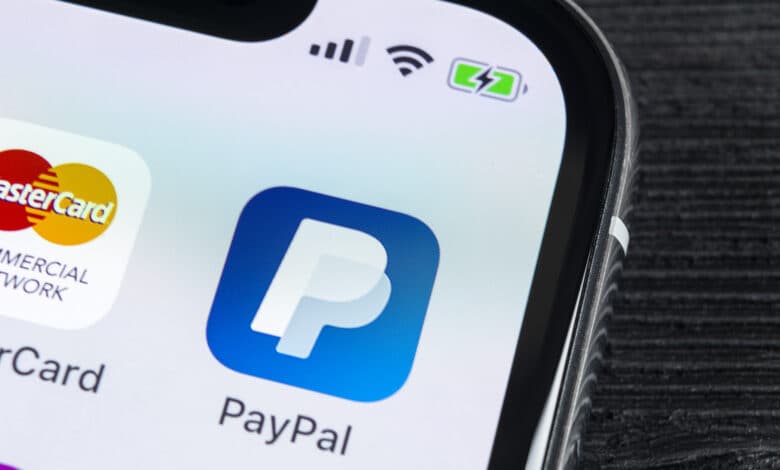
The Federal Court of Justice (BGH) in Karlsruhe ruled that merchants are allowed to charge a fee for payments made with online payment services such as Sofortüberweisung or Paypal.
Extra fee for payment by online payment service
Until now, it has always been disputed whether one may pass on the fees to the buyer when ordering and subsequently paying with a service such as Paypal, for example, or whether one may charge a fee for this. In order to gain certainty, the Wettbewerbszentrale has initiated a test case to clarify the issue. This is because, in contrast to online payment services, no fees may be charged for payment by credit card, direct debit or even bank transfer; this is prohibited by law.
In Thursday’s decision, the issue has now been clarified. Since online payment services involve the involvement of a service provider, a fee may be charged to customers here (Case No. I ZR 203/19). The service providers also provide additional services, such as checking creditworthiness, according to the argumentation. First, however, the merchant pays the transaction costs of the respective provider for the online payment. Whether this fee is then passed on to the customer, the merchant may decide for himself according to the ruling of the BGH.
Paypal is against passing on the fee
This means that merchants are legally allowed to demand a fee from their customers when paying with Sofortüberweisung or even Paypal. However, the service Paypal does not want something like this to happen and had already adapted its terms and conditions accordingly in 2018. The service attaches importance to the fact that a payment is free of charge. In contrast, Sofort GmbH, which operates the Sofortüberweisung service and has belonged to Klarna since 2014, has no control over how costs incurred are passed on to customers. So at least here, merchants can decide for themselves how to proceed.




No replies yet
Neue Antworten laden...
Administrator
Beteilige dich an der Diskussion in der Basic Tutorials Community →